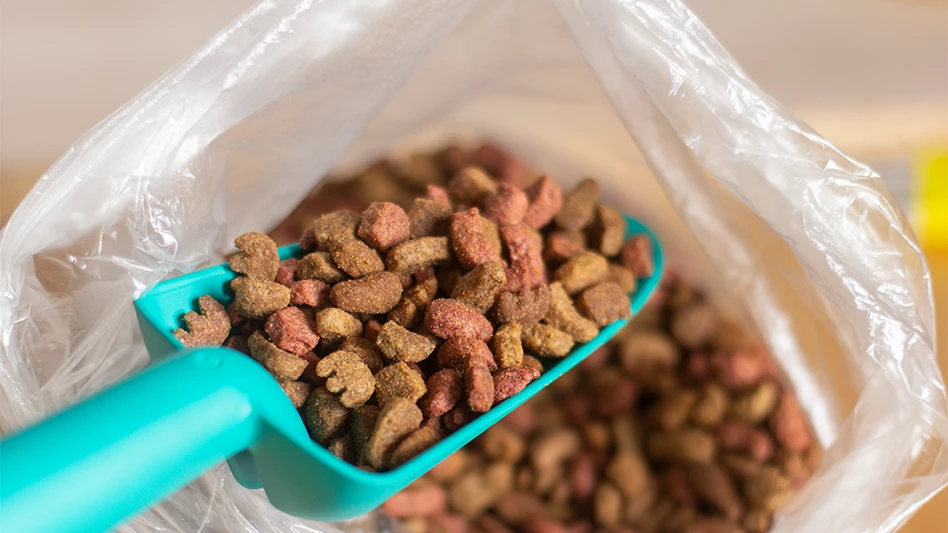
iStock | Nikolaeva Elena
Editor’s Note: The following article was adapted from Techletter, with permission from Pinto & Associates.
Americans have more pets than ever before. According to the Forbes Advisor, 65.1 million U.S. households own a dog, while 46.5 million households own a cat, not to mention birds, rabbits, guinea pigs, hamsters, and ferrets. Pet ownership has important implications for pest control. For example, cat owners commonly leave dry food out 24 hours a day for Tabby to nibble on as she pleases
Unfortunately, pet food also makes wonderful pest food. In fact, entomologists who study cockroaches usually rear them on a diet of dry pet chow. Cockroaches and flies also feed on the nutrients left in pet feces.
Pet chow and bird seed are prime sources of stored product pests. Large bags of dry pet food are often the main source of Indian meal moths in a residence. Mice may gather pet food and bird seed and store large quantities in wall voids and other inaccessible areas where it can become infested with insects.
- Feed pets only as much as they'll eat at one time. Remove any leftovers. Don't leave food out overnight when cockroaches and mice are foraging.
- Store pet chow and bird seed in containers with tight-fitting lids. Rodents can chew through a plastic container so a galvanized metal garbage can is a better choice. If stored outside, use some method to keep animals from prying off the lid. Squirrels and some larger animals can chew through a shock cord, so you may have to resort to wiring the lid shut or weighing it down.
- Use a bird feeder with an attached tray to catch seed. Place feeders away from the house.
- Each day, clean up spilled pet food and bird seed. Pick up dog feces and scoop out cat litter boxes.
The authors are co-owners of Pinto & Associates.
Latest from Pest Control Technology
- Donny Oswalt Shares What Makes Termites a 'Tricky' Pest
- Study Finds Fecal Tests Can Reveal Active Termite Infestations
- Peachtree Pest Control Partners with Local Nonprofits to Fight Food Insecurity
- Allergy Technologies, PHA Expand ATAHC Complete Program to Protect 8,500 Homes
- Housecall Pro Hosts '25 Winter Summit Featuring Mike Rowe
- Advanced Education
- Spotted Lanternflies, BMSBs Most Problematic Invasive Pests, Poll Finds
- Ecolab Acquires Guardian Pest Solutions





